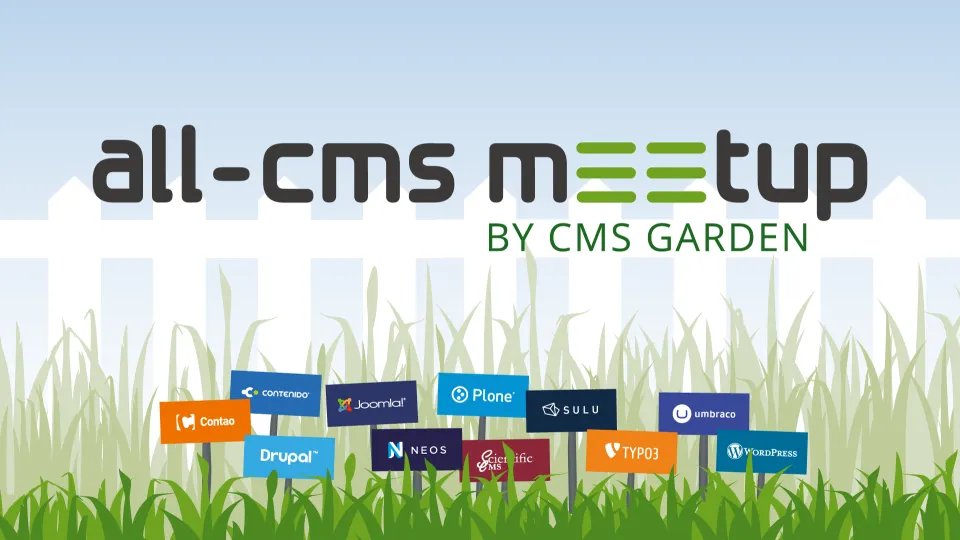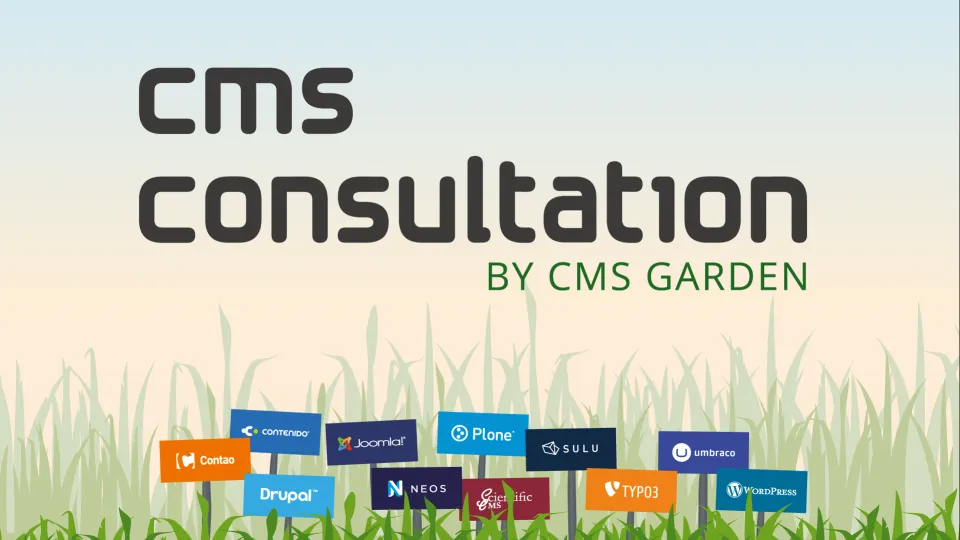Extensibility
Plone is built to perform immediately. It can be installed by following the recipes to deploy Plone in the cloud but there are also several installers avaliable. Out of the box, the CMS provides content search and retrieval services – integration capability – digital asset, document, and web content management – backup and recovery – localization – caching – system security, and replication.
Customize and enhance – Plone has add-ons to enhance document and content storage, content delivery, forms processing, social sharing, personalization, and integrate with other systems. Custom add-ons may be integrated as well.
Authentication and single sign on – Plone integrates with LDAP, Active Directory, OpenID, Shibboleth, CAS, Kerberos and many other authentication systems.
Search capability – Live search includes Word documents and PDF files. Supercharge search with add-ons for Google Search Appliance, Apache Solr, and Elasticsearch.
Designer friendly – Powered by Diazo, Plone’s theming engine incorporates existing brands. Designers can focus on their essential tasks instead of fighting the CMS.
APIs – Plone connects with specialized applications and standard enterprise systems like CRMs, Salesforce, and Oracle and integrates with web servers, SQL and NoSQL databases, continuous integration tools, web services, and frameworks. Plone’s REST API allows it to function as a headless CMS for modern JavaScript clients and apps.
Object-oriented database – Plone features a built-in transactional NoSQL, ACID-compliant object database. Program code and content are stored transparently as objects, with high levels of data security. Tools for incremental backups and other administrative tasks are also core parts of Plone.
Industrial-strength security – The creativity and speed of open source blended with a Python back-end yields superior security without sacrificing power or extensibility. The extremely low numbers of vulnerabilities found in Python and Plone demonstrate the maturity of Plone’s security and development processes. Plone’s test coverage and continuous integration testing combined with a fine-grained security model make it a smart choice for security-conscious environments.



